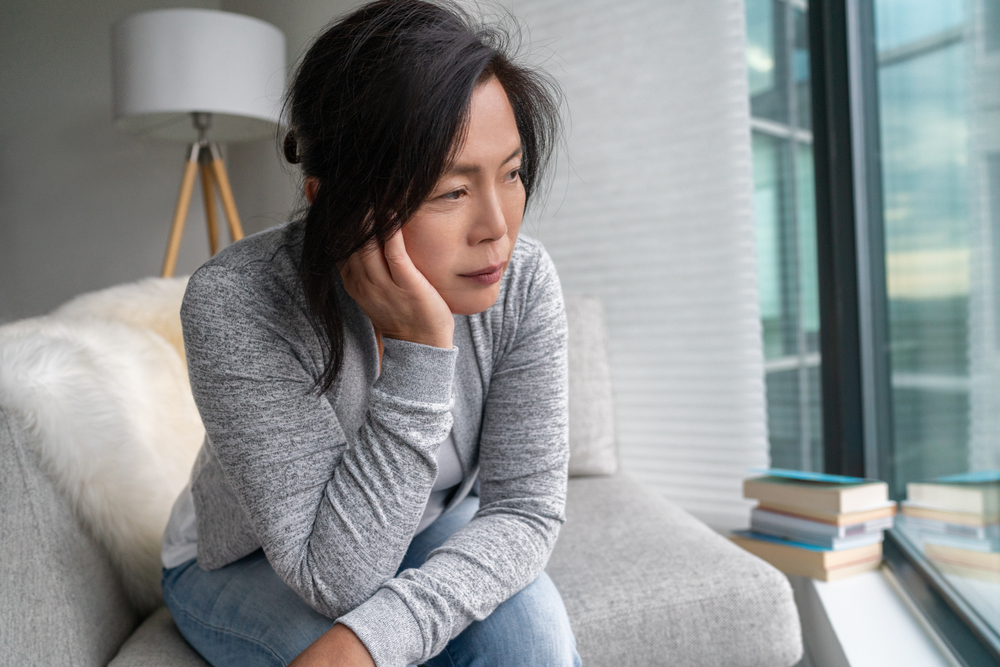
Many people suffer from depression and anxiety probably due to their current lifestyle, financial strains, or underlying health conditions. When there is something bigger that adds to that, it can make things worse. When the World Health Organization declared COVID-19 as a global pandemic, this caused a lot of panic worldwide. Many of people, including those that are not infected, do not have a choice but to quarantine in their homes as health providers work effortlessly to save lives.
Fear and anxiety about the COVID-19 pandemic can be overwhelming for both adults and children during this critical time. It is important to take care of your mental health to keep yourself safe at home. This article looks at some the ways to protect your mental health during this time of COVID-19.
Focus on the Things You Can Control
Since you cannot control everything that is happening, it is important to focus on the things you can control. This might involve washing your hands with a sanitizer, practicing good hygiene, and staying at home to reduce your chances of getting infected. Although they are not natural things that you should hyper-focus on, now is the best time to make this your daily routine, as it helps to keep the virus at bay. All kinds of mass shutdowns and closures give you more control over keeping yourself and others safe at home.
Find Creative Ways to Connect With People
Social media is going to play a big part in this, as it is the safest means of getting in touch with your family and friends without meeting them physically. You can do a group livestream, a group chat, or online hangout with your friends and family. Since many people are now at home, it leaves a lot of downtimes to fit in this kind of socialization. Any kind of socialization on social media prevents you from feeling lonely and is a great way to check how your friends and colleagues are spending their time at home.
Limit the News
It is important to limit the time you spend watching the news as it instills fear and anxiety of what may happen in the following days or weeks. You need to strike a balance between keeping updated and informed about what is going on versus being overloaded with death counts. Although we need to be aware of how serious the COVID-19 outbreak is, you do not need a series of continuous updates. Probably, you can limit the amount of watching news to morning and evening.
Structure Your Day
It is easier to fall into a more lethargic lifestyle as you work from home and could eventually lead to negative thinking. Some people have always worked from home and they thrive doing it because it is what they do for a living. However, for others, the lack of separation between your work and your home life can diminish their meaning of life. The best way to deal with this type of anxiety is to stay close to your normal routine before the quarantine. For instance, this may include waking up at the usual time, dressing up for the day, and setting a start and stop time for your work. You can also go to a separate room to do your work to avoid turning your personal space into a work zone.
Spend Some Time Outside If You Can
The Coronavirus is transmitted through contact and airborne infection and thus requires close proximity to the infected persons. That is why there is a recommendation for setting a 6-foot distance. However, it should not prevent you from breathing in some fresh air and enjoying the sunset. However, this works best if you have access to a yard, a porch, or a deck, as it allows you to spend time outside in the fresh air and natural sunlight. It is more calming to get closer to nature rather than keep yourself locked away in the house the whole day.
It is important to realize that the virus does not select certain segments of the population or a particular individual. Doctors and other health professionals too are not protected from the fear of being infected by the virus. Anyone can get infected regardless of their age, gender, or profession and the fast spread of COVID-19 puts everyone in heightened anxiety and fear. Implementing the above strategies can help you cope with anxiety, and get through this pandemic with good physical and mental health.
